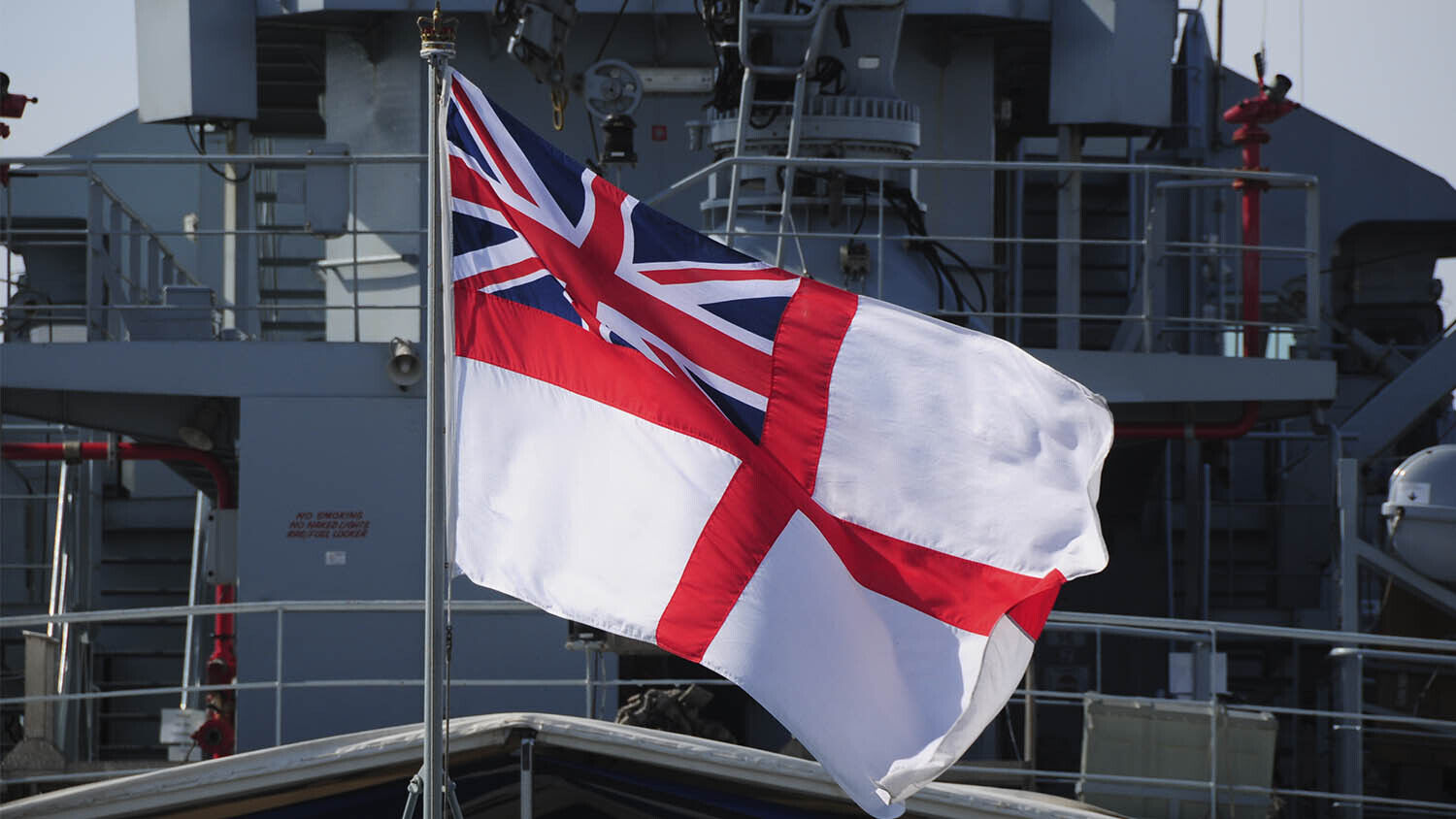
Britain’s Navy at Half Strength
Britain now has fewer than half of the naval vessels it had in 1990, the Telegraph reported on June 21. In that time, there has been a 60 percent decrease in the number of submarines, frigates and destroyers in the Royal Navy, according to a 2013 Ministry of Defense report. The service had two aircraft carriers in 1990: It currently has zero.
Britain’s defense budget has decreased dramatically. Today, Britain’s military spending is a little over half of what it was 25 years ago. Its defense spending has decreased from a Cold War high of 3.8 percent of its gross domestic product to only 2.2 percent, just above the nato minimum.
Despite keeping its nato commitment, Britain has lost its naval supremacy and is “at a historic ebb in firepower,” according to National Interest.
Britain does not recognize the need to maintain its defenses against military threats. Instead, it prioritized funding for foreign aid, the National Health Service and other domestic welfare programs. In the past, health, education and defense spending were equal. But expenditures in these non-defense areas have roughly doubled since 1990. Today, Britain spends almost six times more taxpayers’ funds on welfare than it does on defense.
Some commentators recognize Britain’s shrinking navy as a problem. And even though two new aircraft carriers are under development, they will not enter active service until 2020.
While the Royal Navy has shrunk, navies in China, Russia and elsewhere have grown in strength. China launched its first aircraft carrier in 2012 and its second in 2017; a third is under construction. The Russian government has described Britain’s new aircraft carrier as “a bee.” According to the Telegraph, the Russian Defense Ministry said that “the British aircraft carrier is only capable of independently releasing planes from its belly closely flanked by a swarm of warships, support ships and submarines to protect it. That is why … the British aircraft carrier is merely a large convenient naval target.” All carriers rely on support ships, but the Royal Navy lacks enough of these ships to provide effective escort to its carriers.
Without a strong navy, Britain’s carriers are vulnerable. Without a strong navy, the island nation is practically defenseless. With increasing threats from China and Russia, Britain’s exit from the European Union, and the world becoming more dangerous, Britain’s declining naval power is a bigger issue than most of its leaders want to admit.
In a 2015 Key of David program titled “Times of the Gentiles,” Trumpet editor in chief and Key of David presenter Gerald Flurry said:
This world, this violent world, is becoming one big military arsenal of nuclear weapons and other weapons of mass destruction and all kinds of conventional warfare armaments. But as we look at these powers of the world, they keep expanding their military as the United States and Britain shrink theirs. Does that really make sense to you?
Britain once possessed the largest and strongest empire in world history, largely made possible by its merchant and military seafaring capabilities. The underlying force of Britain’s past greatness was the Creator God. He warns in the Bible that He has allowed that greatness to disappear. This can clearly be seen in the decline of British naval strength.
To learn more about this subject, please read Trumpet executive editor Stephen Flurry’s article “Britain’s Hollow Military.” For more information about Britain in prophecy, read our free book The United States and Britain in Prophecy, by Herbert W. Armstrong.
